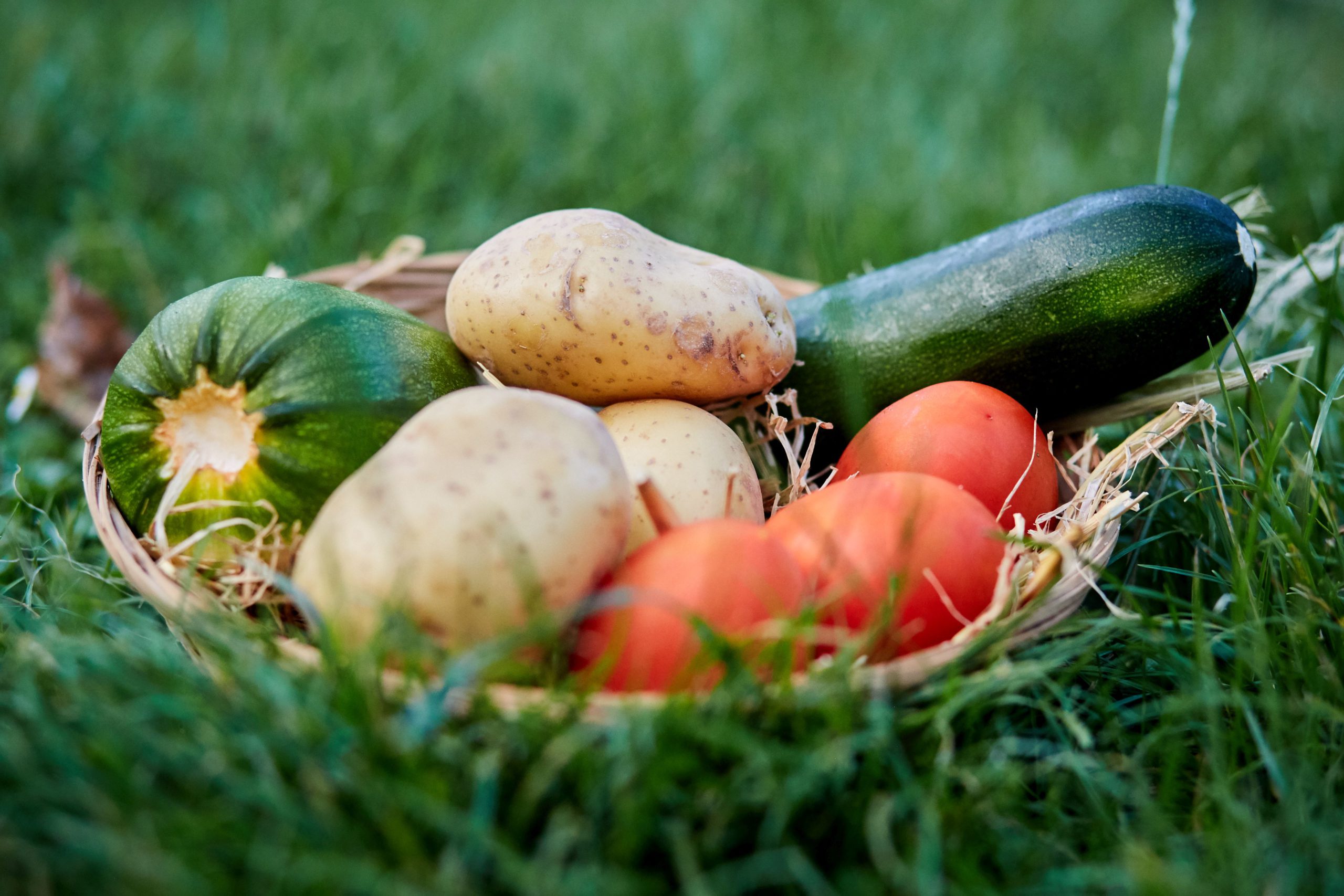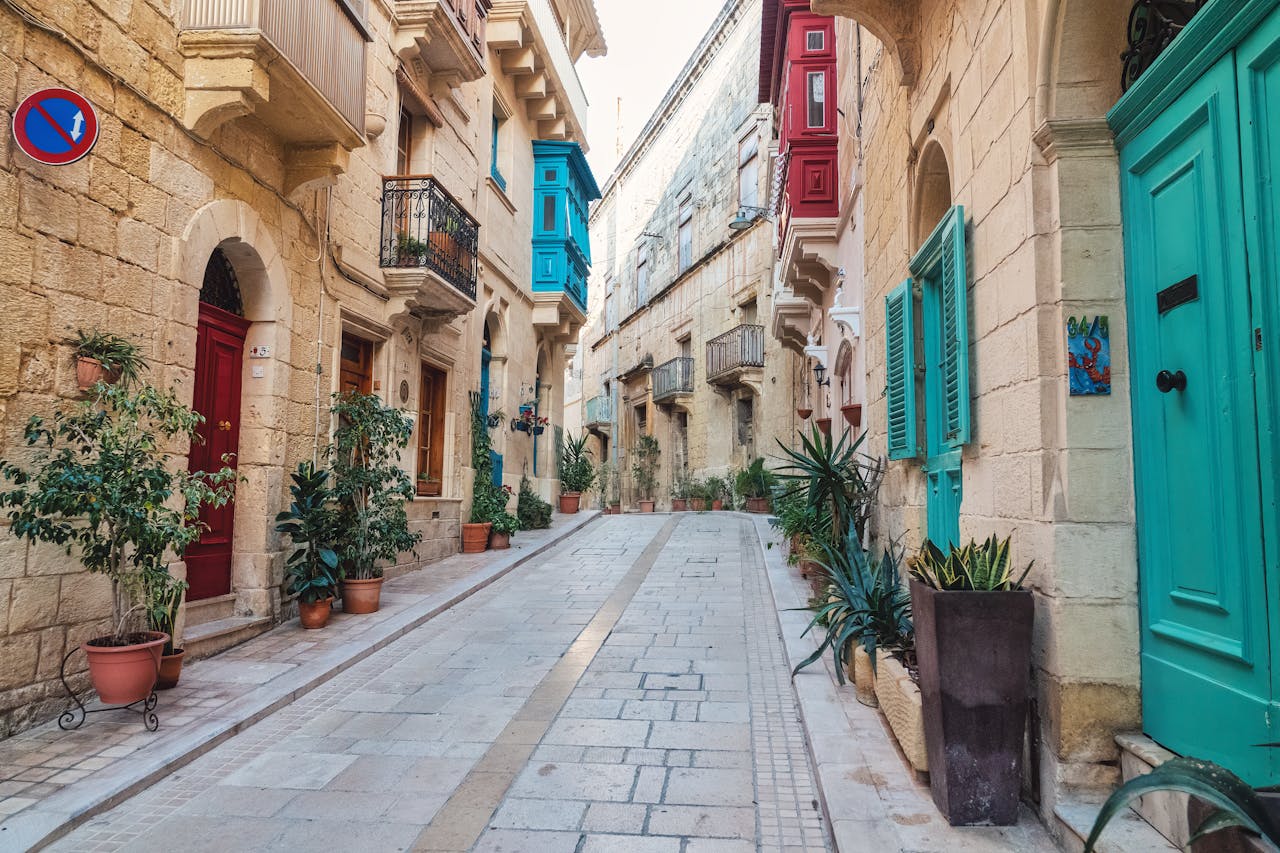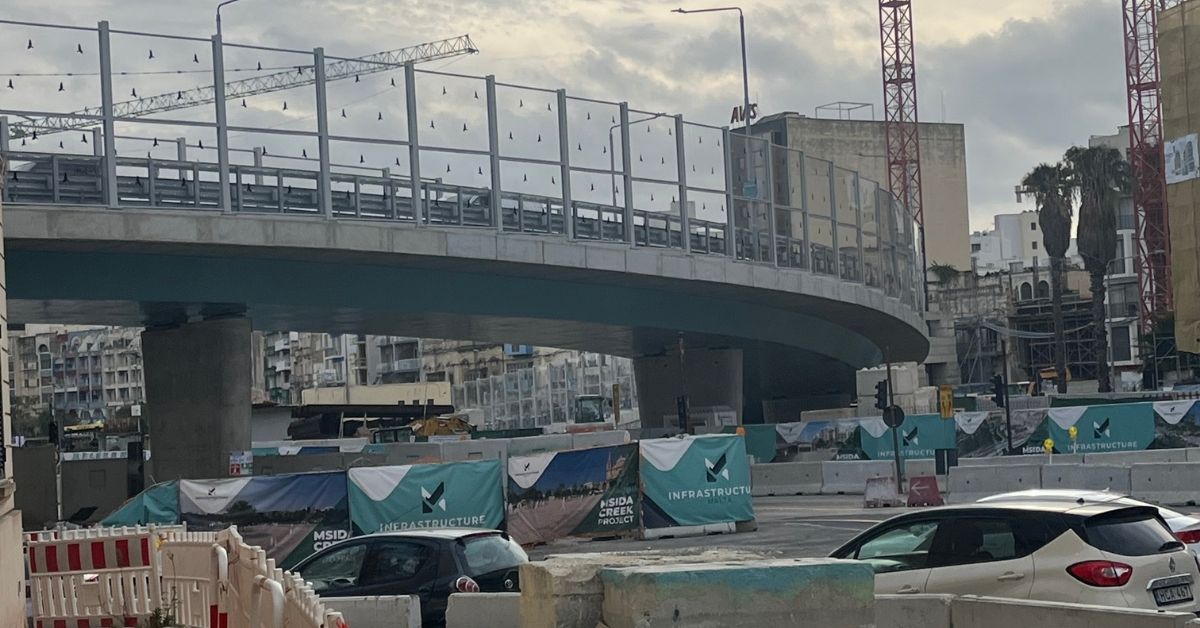Troubles in the global agricultural sector thanks to more extreme weather conditions, urban sprawl taking up arable land and waning interest in individuals to taking up a career in the sector echo difficulties experienced locally.
In 2020, Malta’s total agricultural output declined by 4.5 per cent, to €120.7 million, whereas the gross value added generated by this economic activity fell by 12.9 per cent to €53.1 million.
The figures come to light through a report by the National Statistics Office.
Indeed, it transpired that, during the year under review, the expenditure incurred by the agricultural sector rose by 3.2 per cent while the revenue emanating through the generated output fell, thus impinging adversely on the registered gross value added of the sector.
Notwithstanding this, however, the costs associated with the depreciation of fixed capital declined by 1.2 per cent to a total of €6.7 million; whereas the total compensation paid to employees for their labour increased by 3.7 per cent to a total wage bill of €4.9 million.
Recent reports about Malta’s desertification have prompted greater concern for the local agricultural sector. Last month, Malta’s Ambassador for Climate Change Action, Simone Borg, said the reality is that locally, rainfall and dew are decreasing, with rain coming down over short periods, instead of spreading out during the seasons. She said these are all effects of the desertification being experienced in Malta.
Data on rainfall for 2020 confirms Prof Borg’s remarks, where almost a third of all precipitation collected during the year came in September, at 121.2mm, according to Malta International Airport’s weather office.
January and February 2020 were drier than average, with March providing a reprieve from the dry start to the year with 39.4 mm of rain.
Funding
During 2020, the sector was once again financially assisted by a range of EU-funded programmes which amounted to €26.2 million, a marginal increase of 0.6 per cent over the relative sum distributed in the preceding year.
Nonetheless, this yearly provision was insufficient to sustain the net operating surplus recorded in recent years which fell by 10.3 per cent to €67.7 million.
Upon adding up the latter surplus to the negative net property income of €1.0 million registered in 2020, the net entrepreneurial income attributable to the agricultural sector in Malta is estimated to have dropped by 10.4 per cent to €66.7 million.
When viewed by the various activities, the agricultural sector registered decreases in crop cultivation, products derived from secondary activities as well as livestock meat products of 12.1 per cent, 2.7 per cent and 2.4 per cent respectively. An increase of 4.6 per cent was nevertheless recorded in the output of various animal products.
Intermediate consumption, which measures specific expenses borne by this economic activity, recorded increases in various overheads and livestock feeding stuffs of 4.7 per cent and 3.2 per cent respectively. Other increases were registered in energy and fuel costs and crop cultivation expenses of 1.9 per cent and 0.9 per cent respectively.
Featured Image:
EC Audiovisual Service / Photo by Dati Bendo
Malta wins top international tourism award in Italy
Recent initiatives aimed at diversifying tourism flows and strengthening off-peak demand
Welbee’s doubles down on Christmas cheer with ambitious plans for 2026
Head of Marketing Miguel Borg outlines how Welbee’s is closing the year with momentum and what's in store for 2026
New Msida flyover comes with triple-layered barriers
It also includes a barrier between the two lanes that can be dismantled in case of an emergency






